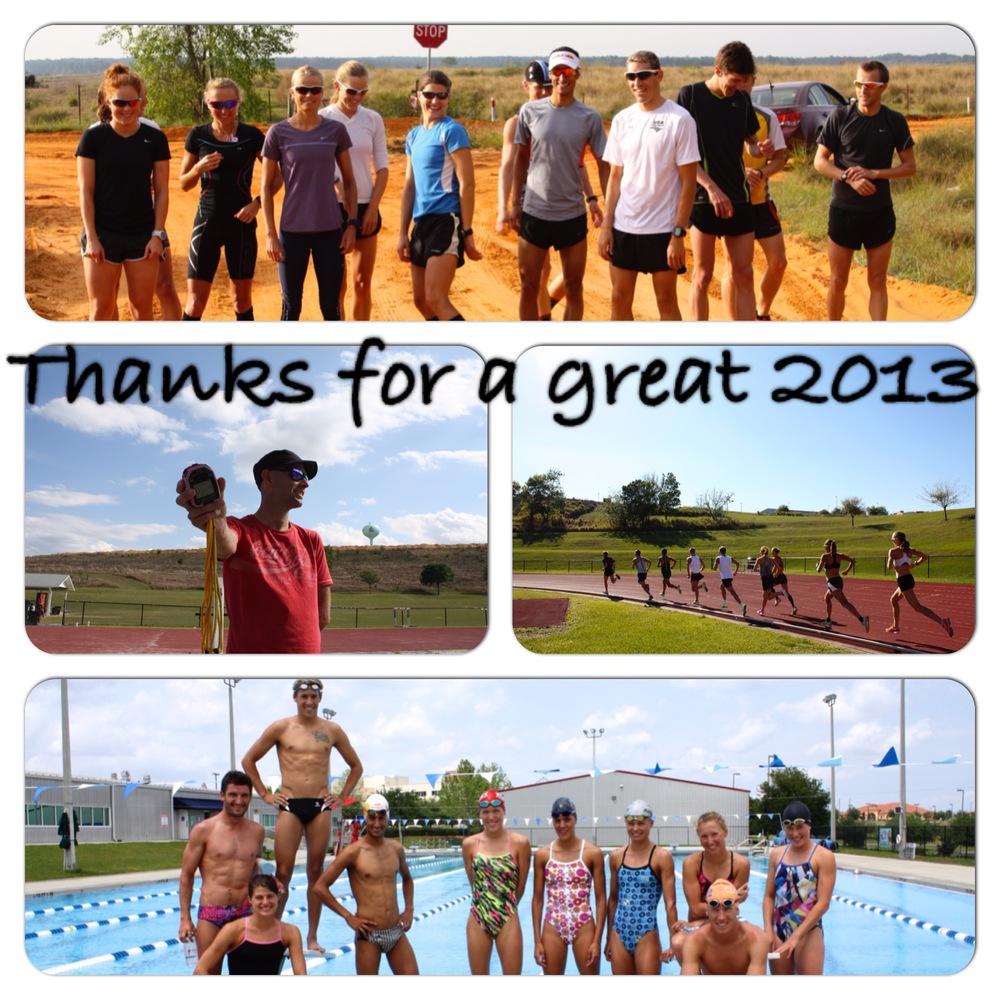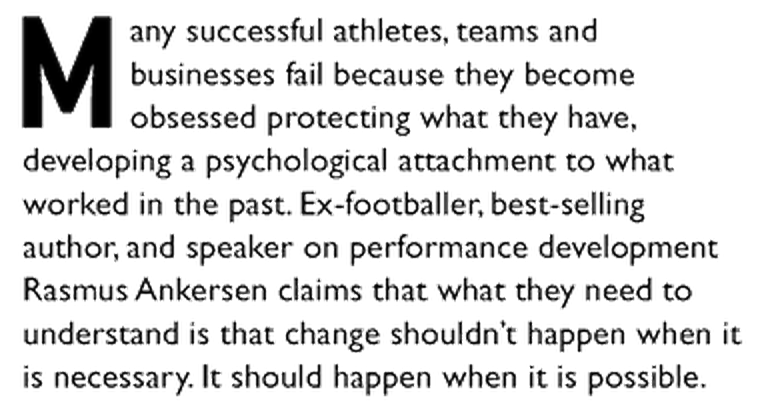At the end of the year, it's been great to reflect on the last 12 months, with just few of the achievements from the athletes part of our team. In alphabetical order -
The Top 13 of 2013
1. Alicia Kaye USA - Winner Lifetime Fitness Series - Alicia was the non-draft Olympic distance boss this year, winning the Lifetime Series, including the final in Oceanside, and the male/female Equalizer. @AliciaKayeTri
2. Carol Routier ESP - Podium Sarasota ITU Cup - While young Spanish athlete Carol is known for leading WTS swims, she has moved forward all around, shown by a strong 2nd in Sarasota in a breakaway with two team mates. @CarolRoutier
3. Helle Frederiksen DEN - 2x 70.3 debut wins - Helle dipped her toe into the non-drafting world in 2013, and made and impact with her first two efforts over the half Ironman distance producing two solid wins. @helle_f
4. Jarrod Shoemaker USA - 70.3 Debut Puerto Rico - While not usually known for his bike power, Jarrod put in a strong first 70.3 performance in San Juan, finishing 6th in a competitive field of specialists. @jarrodshoemaker
5. Kyle Jones - Canadian Champion - Kyle returned to the Edmonton this year to defend his National title and won again in style. Can't wait for Edmonton 2014 Grand Final. @JonesKyle
6. Mario Mola ESP - 3rd & 3rd in London WTS - Former World Junior Champion Mola had a breakout season this year, with three WTS podiums, and third overall in the ITU World Series. @mariomola
7. Mirinda Carfrae AUS - Kona Champion - Although we only had a short time with Rinny before coach Siri Lindley took the reigns in Boulder for the second half of the year, it was great to be involved in a small way with Rinny’s fantastic performance in Hawaii. @Mirindacarfrae
8. Paula Findlay CAN - Winner Sarasota ITU Cup - Paula had a building year, focused on gaining strength and returning from challenges she faced in the lead up to London 2012, however with her Sarasota performance she showed she can still win, and will be back. @PaulaFindlay
9. Richard Murray RSA - 2nd in San Diego WTS - Rich had a strong season overall, finishing 5th overall in the ITU World Series and highlighted by a stand out second in San Diego. @RD_murray
10. Sarah Groff USA - Racing like a Boss - Coming off her inspiring London 2012 campaign, Groffy took a different approach to ’13 and went all in for San Diego, Madrid, and London, making important changes for the build to Rio. @sgroffy
11. Tommy Zaferes USA - Winner Brazil FAST Triathlon - I had never heard of a race director asking an athlete to slow down to avoid lapping out the field, but that happened to Tommy in Brazil. @tzaferes
12. Vendula Frintova CZE - Euro Champs Bronze Medallist - Vendula raced with guts at the european champs in Turkey, running from the front pack, and coming away with another European medal. @VendulaShouldGetTwitter
13. JFT Squad - Zero to Heroes - From zero in 2011, building from two Olympians in London 2012, to a superb group of athletes working together in 2013, we had amazing performances, and really enjoyed the process along the way.
2014 brings a further evolution of our squad, with new athletes, new staff, and sure to be outstanding performances and good fun. Our 2014 roster will be announced on JFTracing.com in the new year, follow along & at JoelFilliolCoaching on FB.


 Excerpt from Rasmus Ankersen's article: "If it ain't broke, Fix it"
Excerpt from Rasmus Ankersen's article: "If it ain't broke, Fix it"